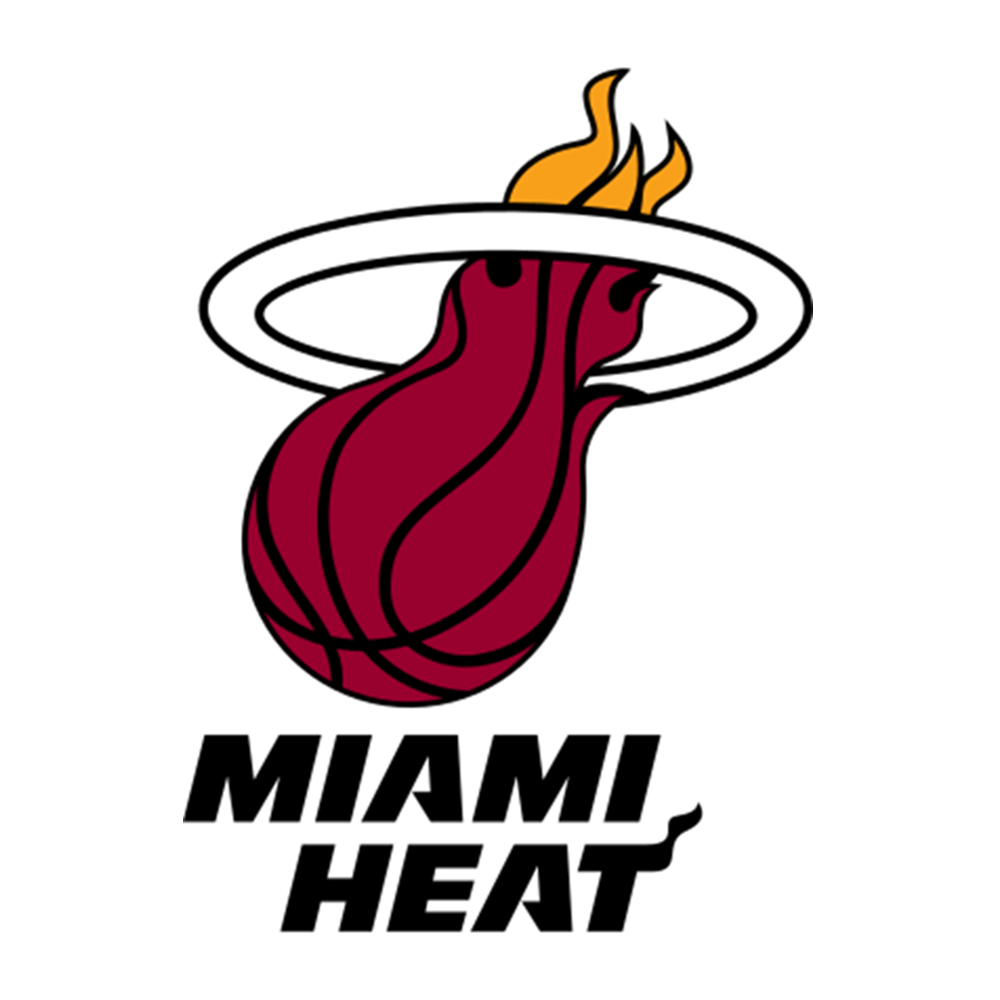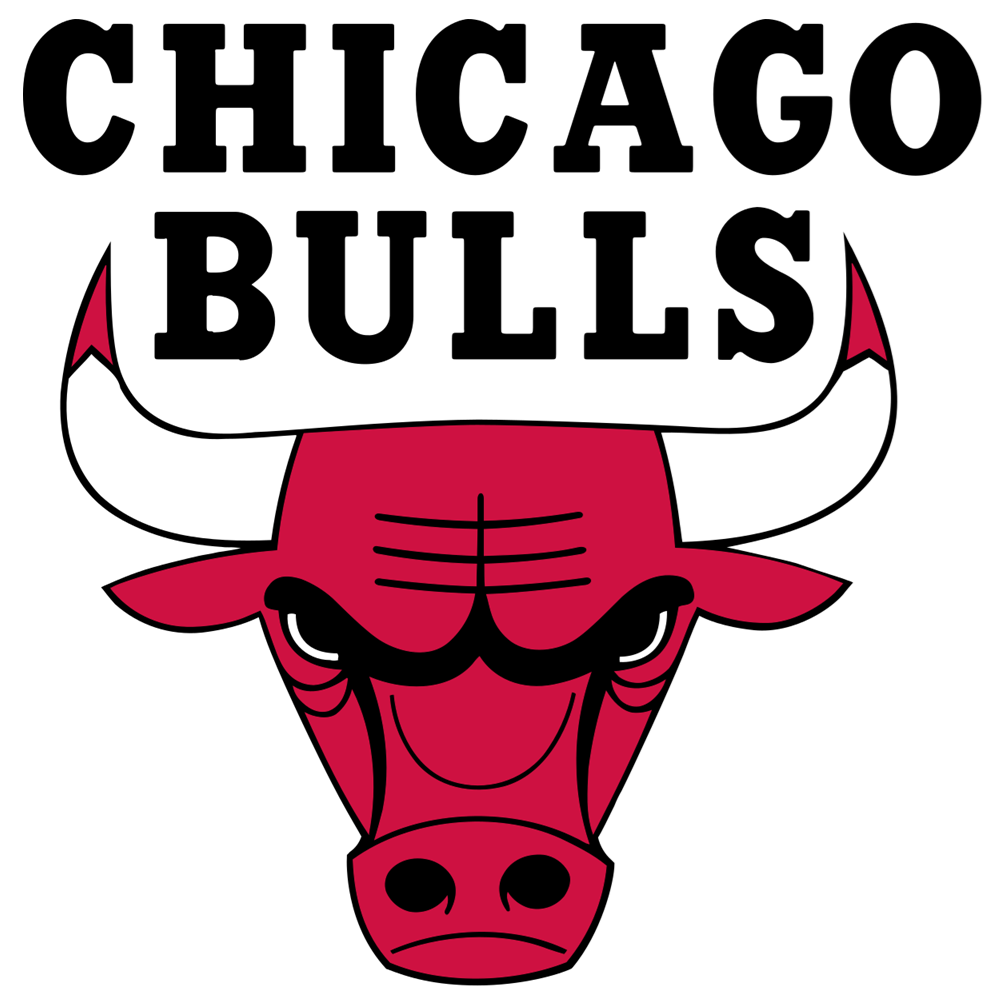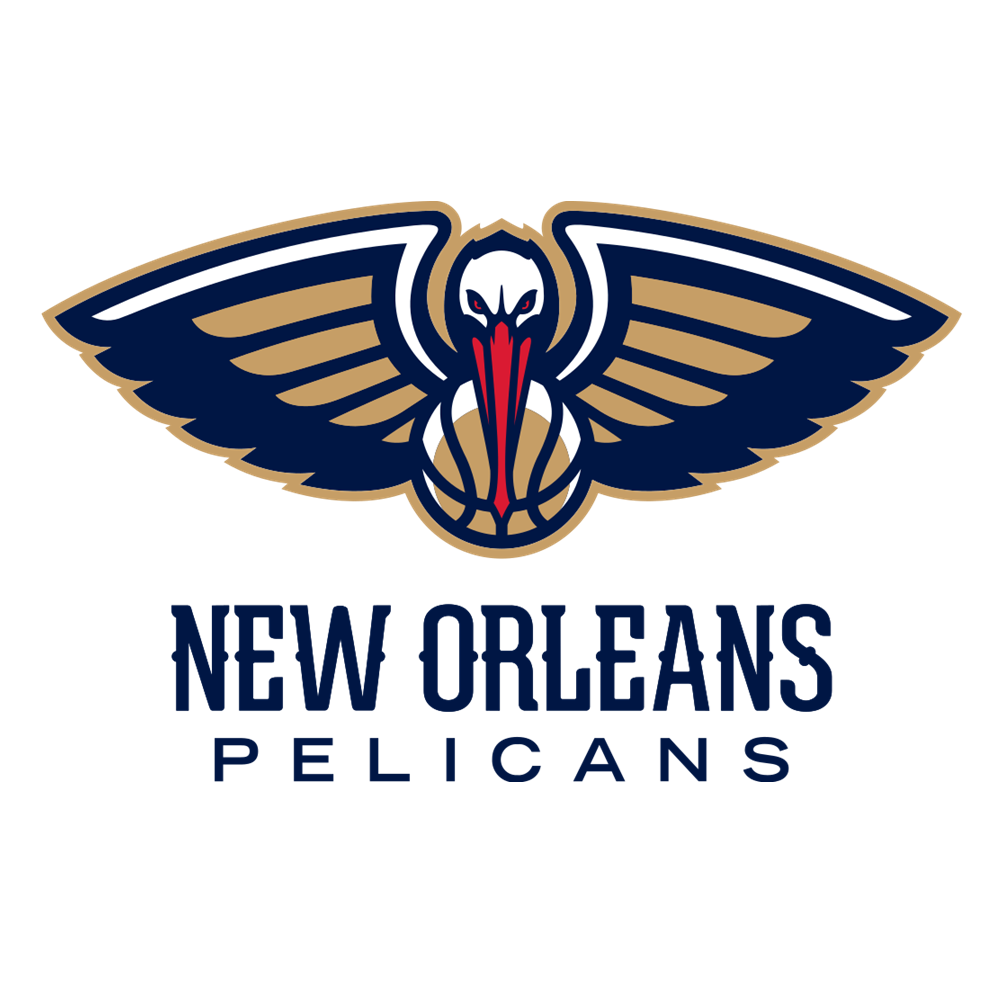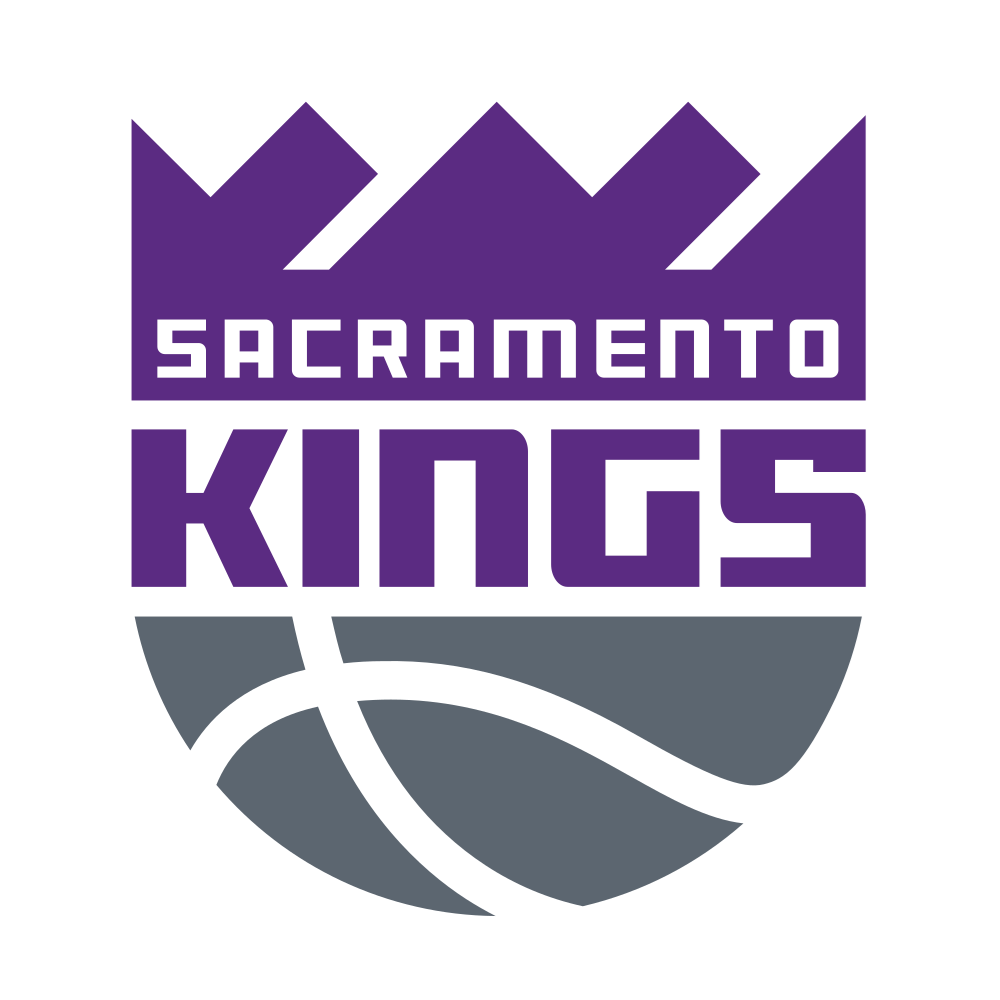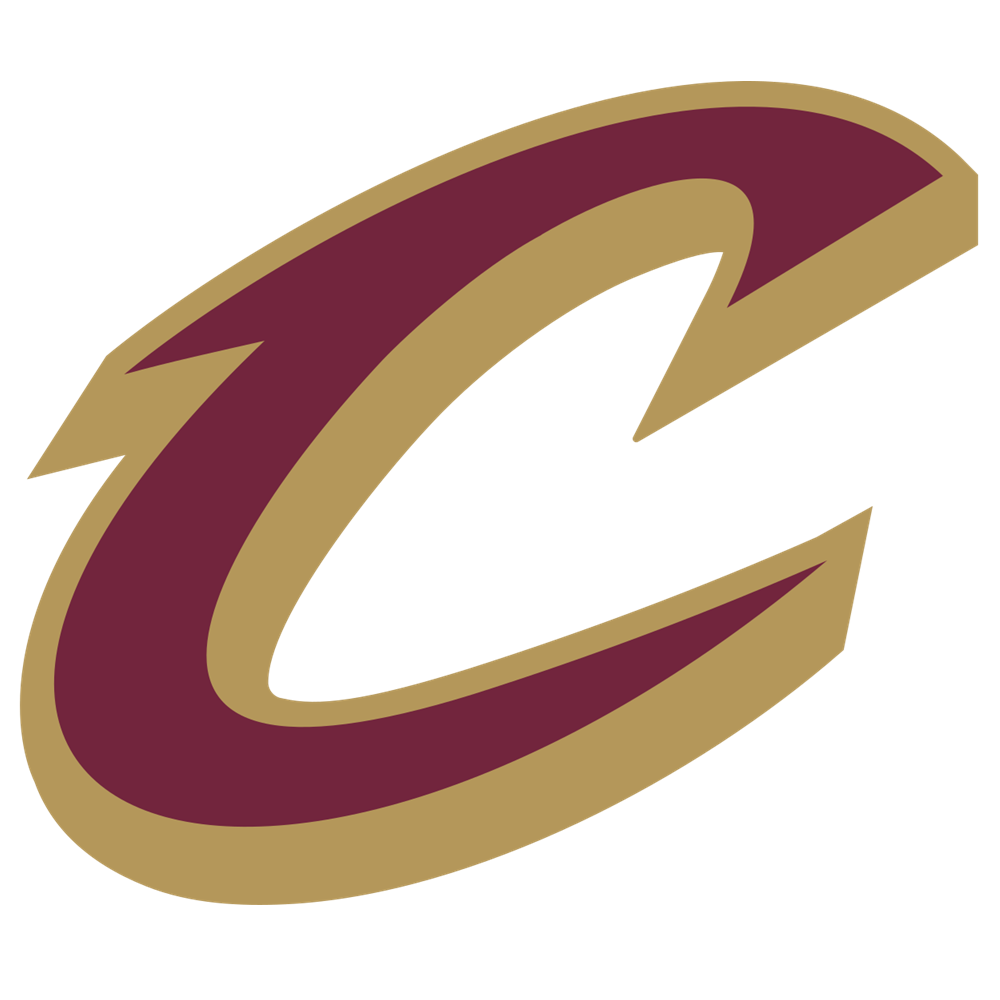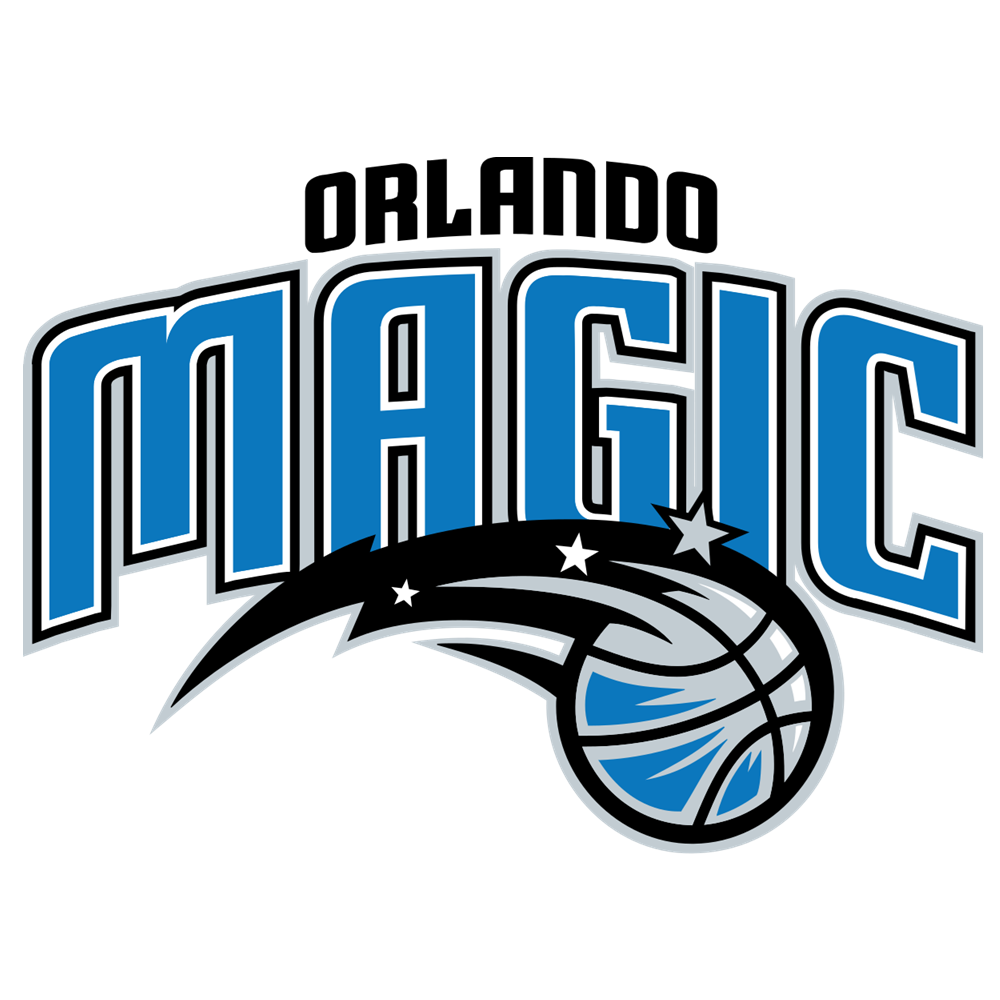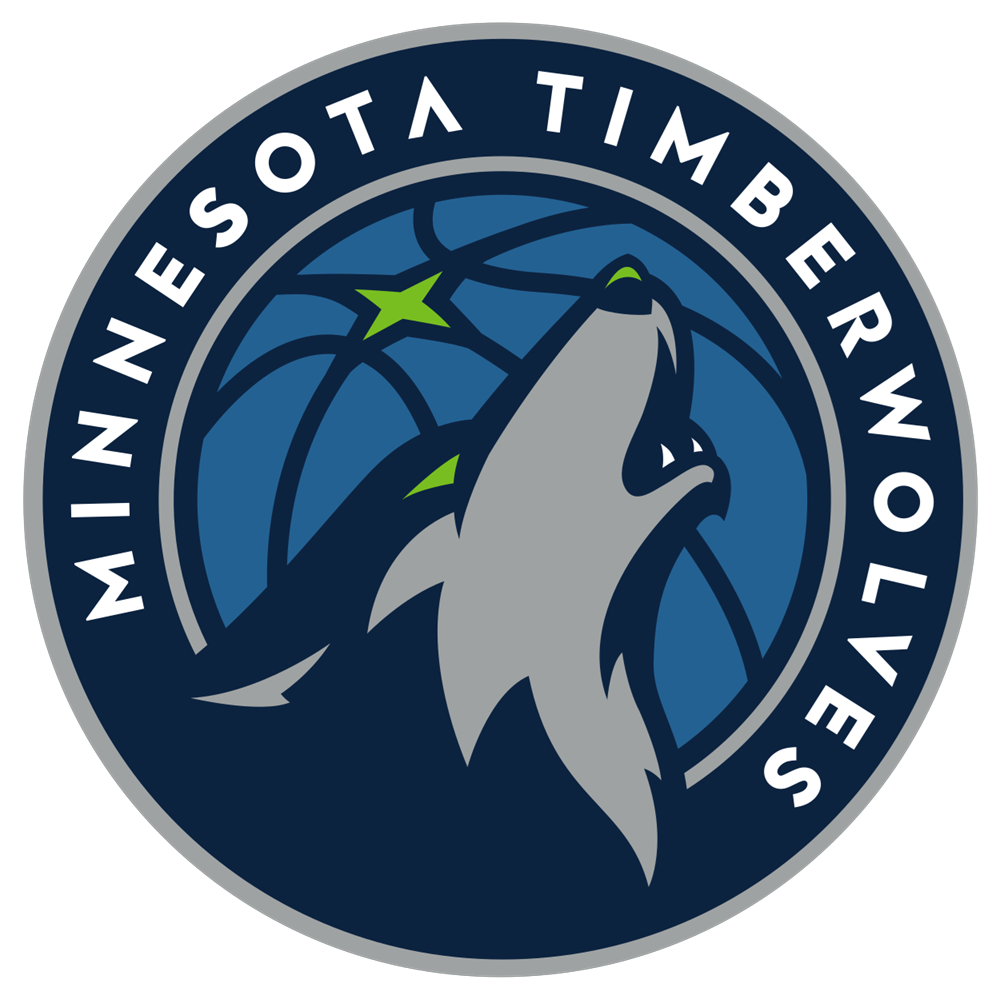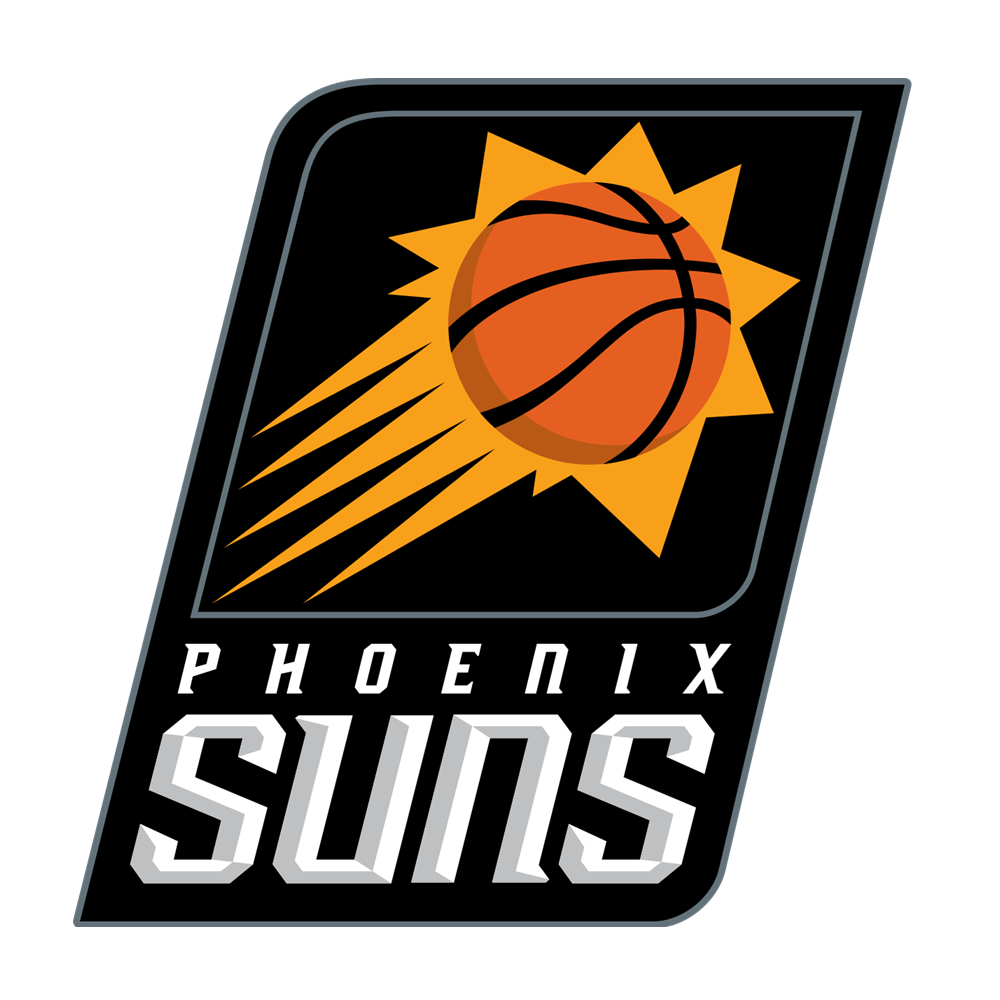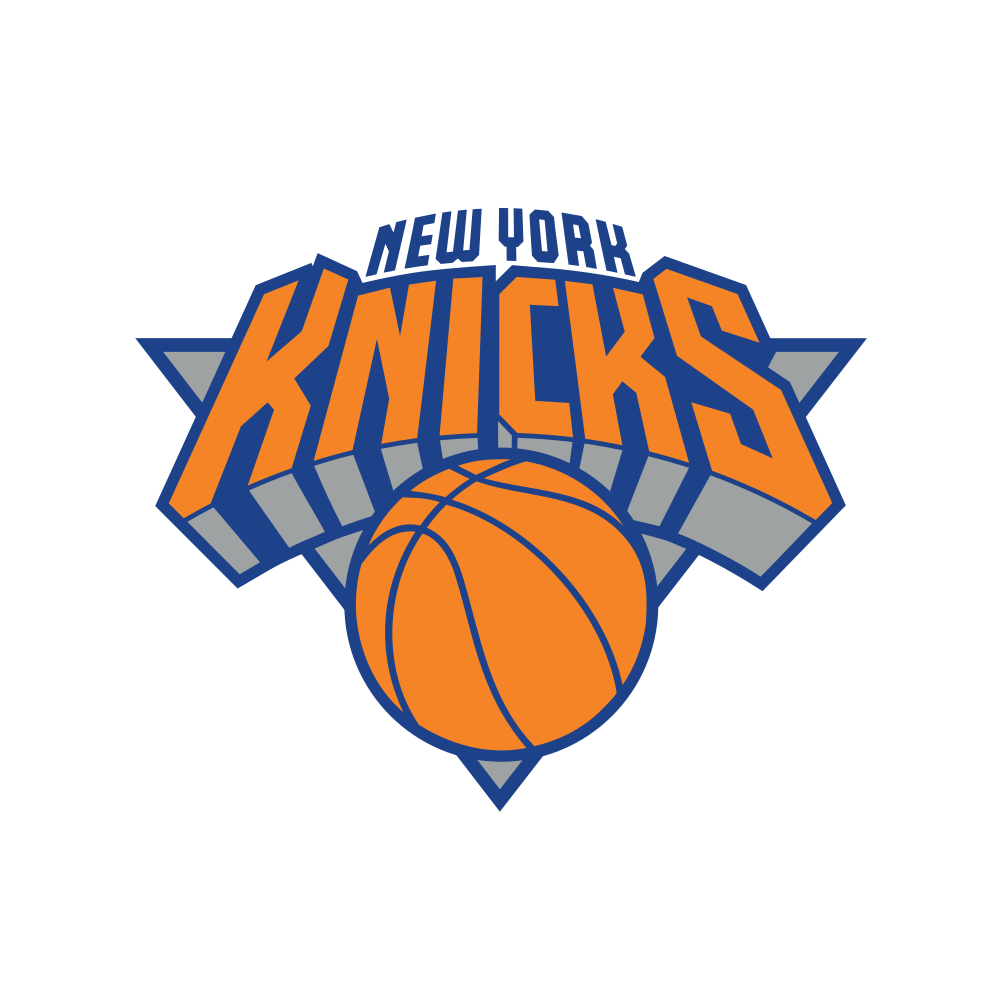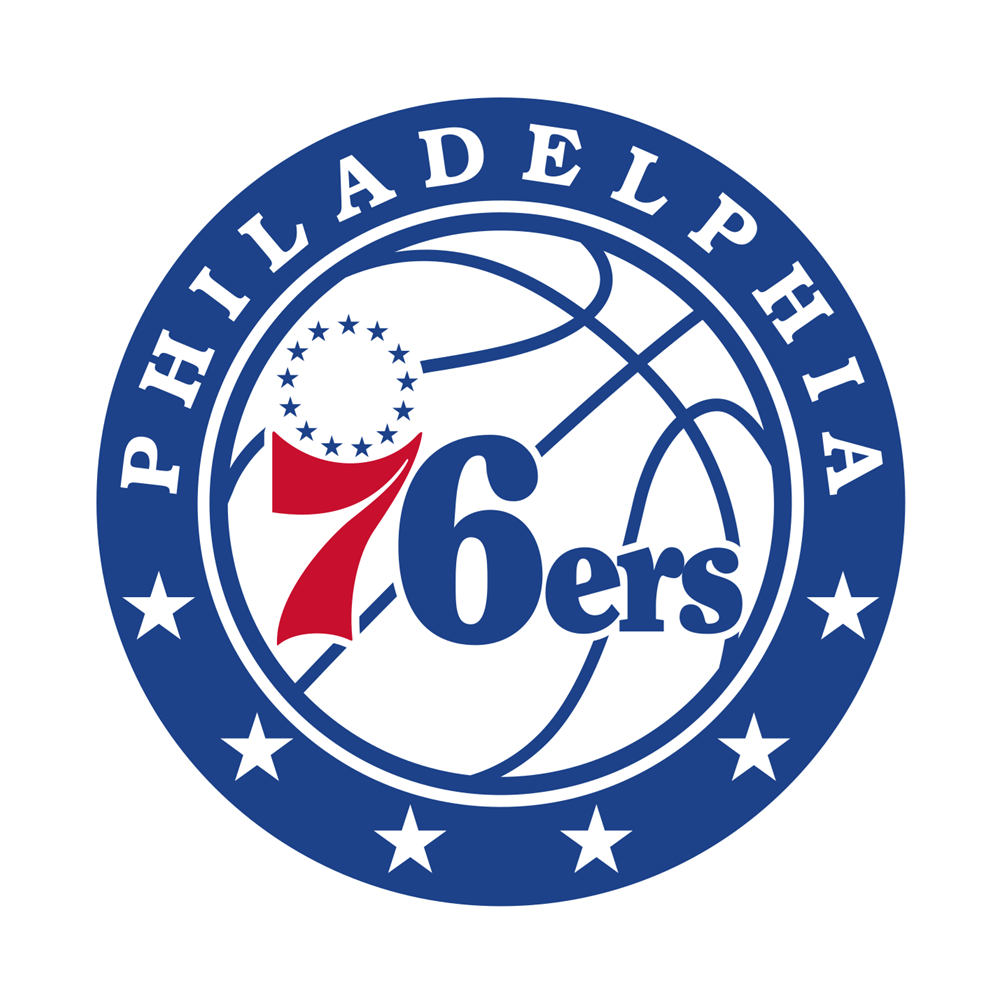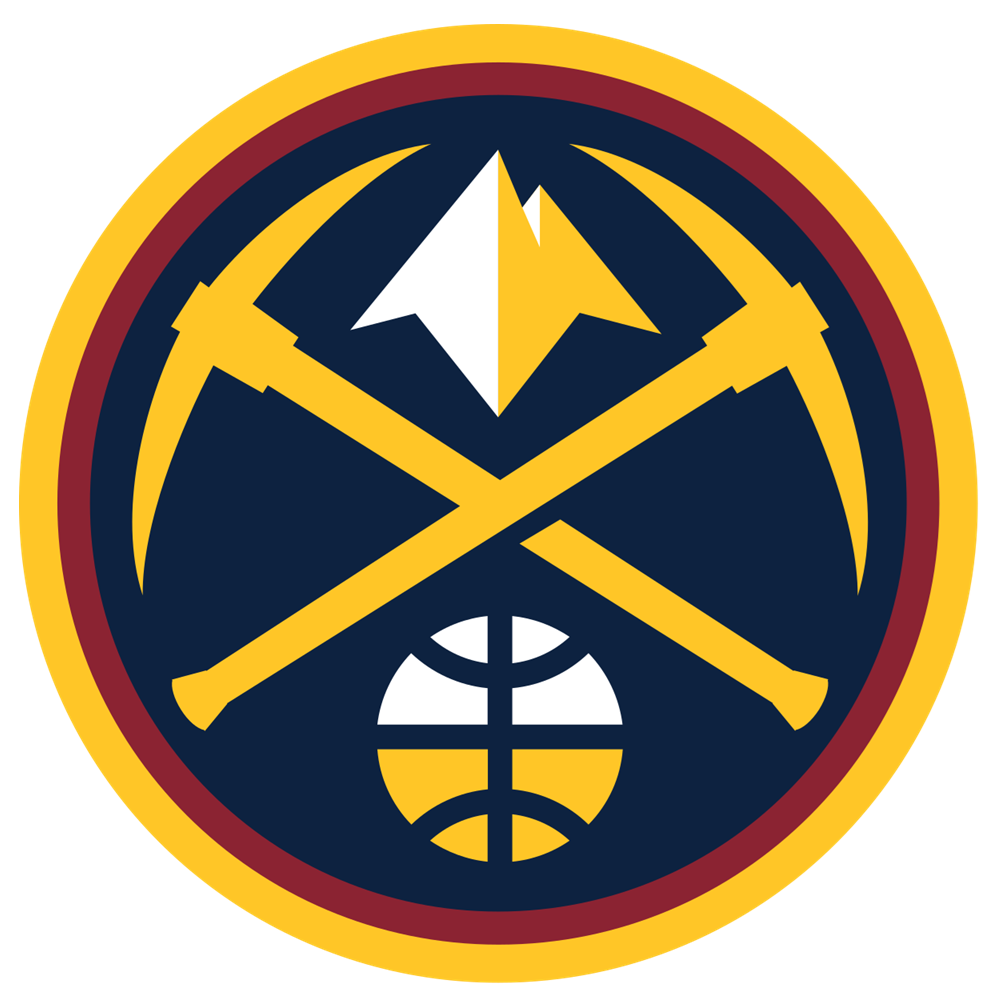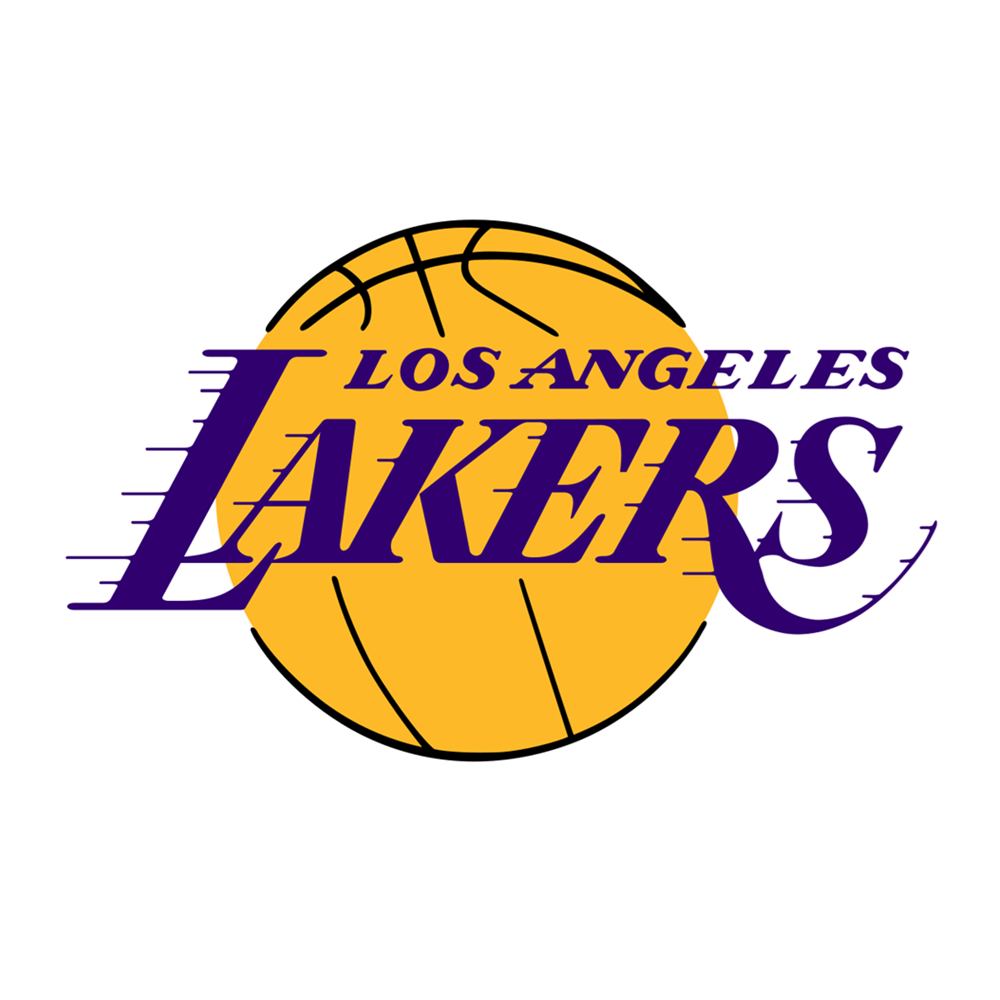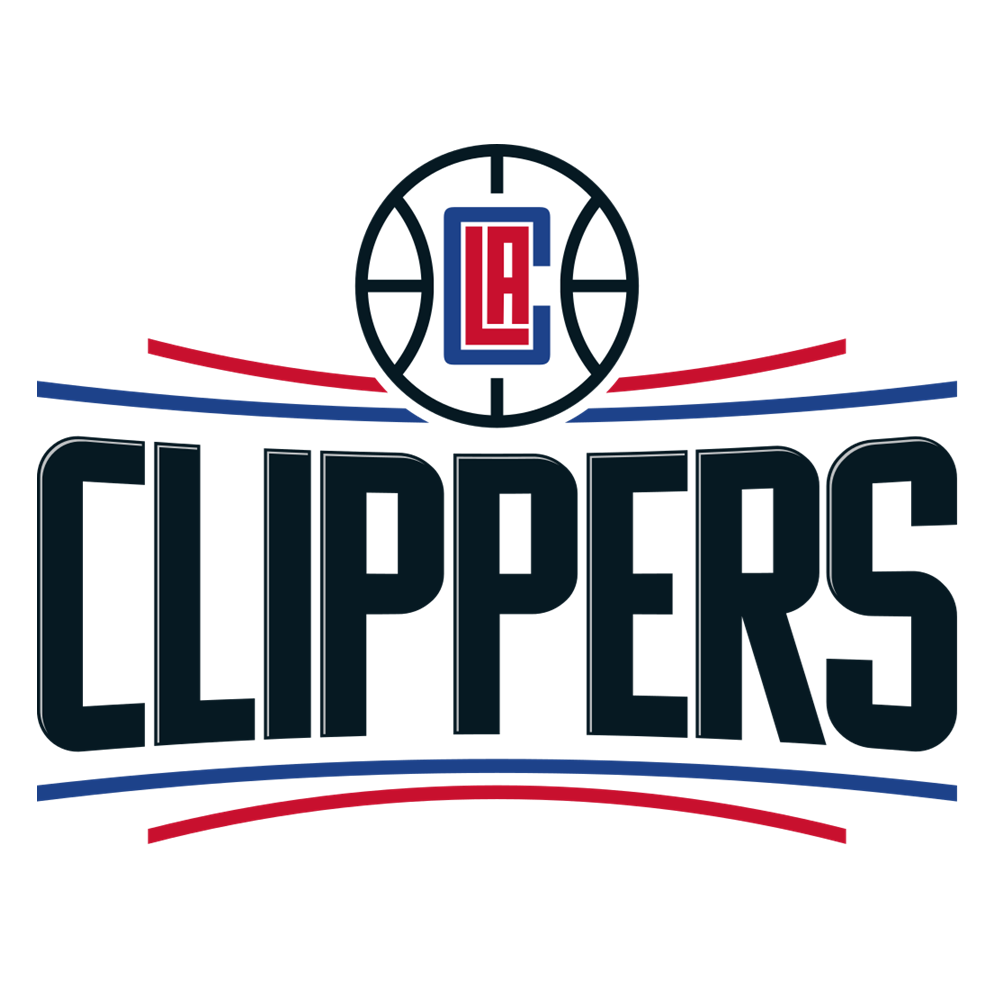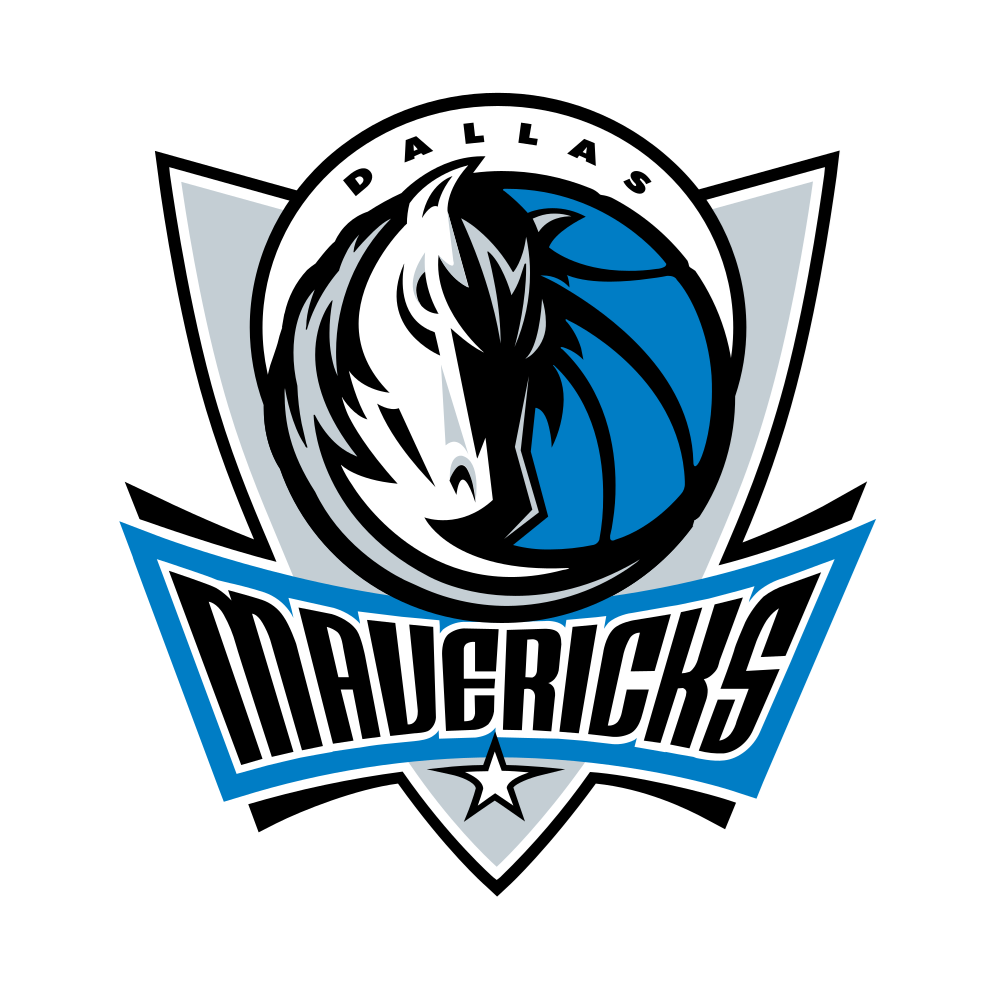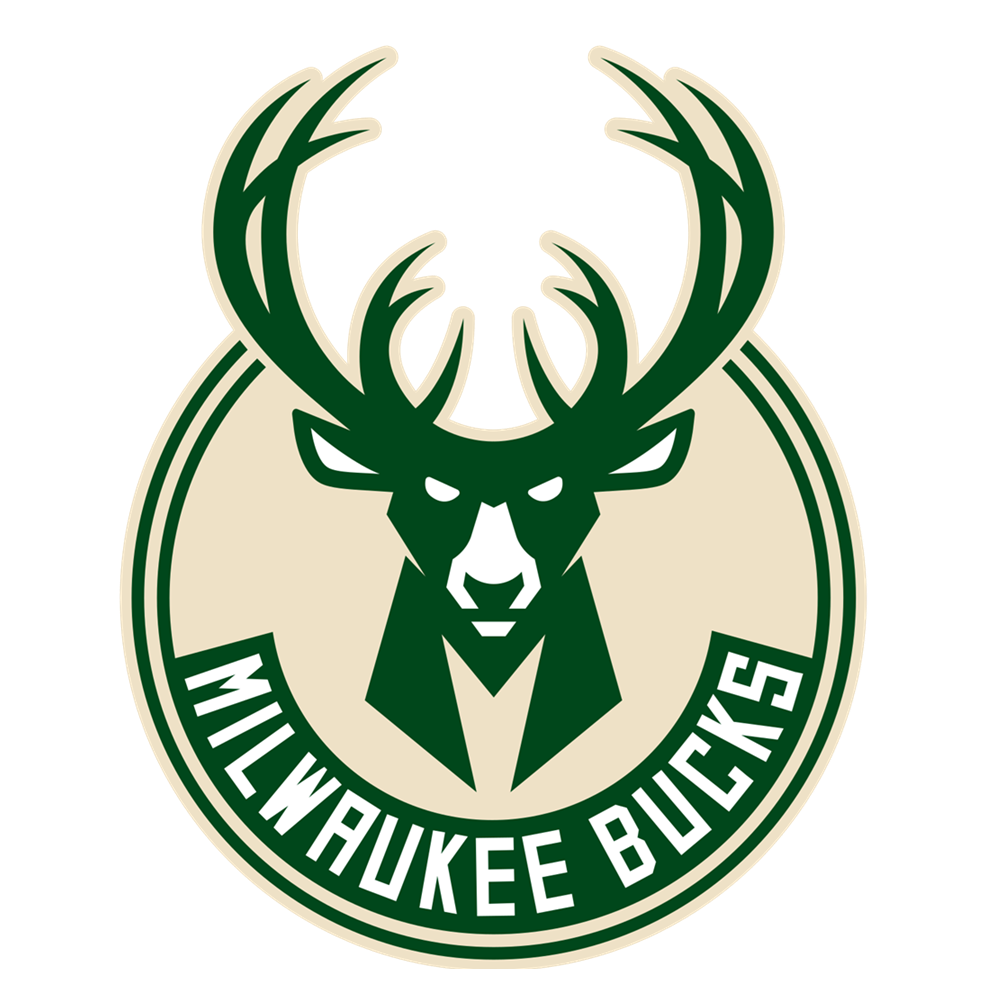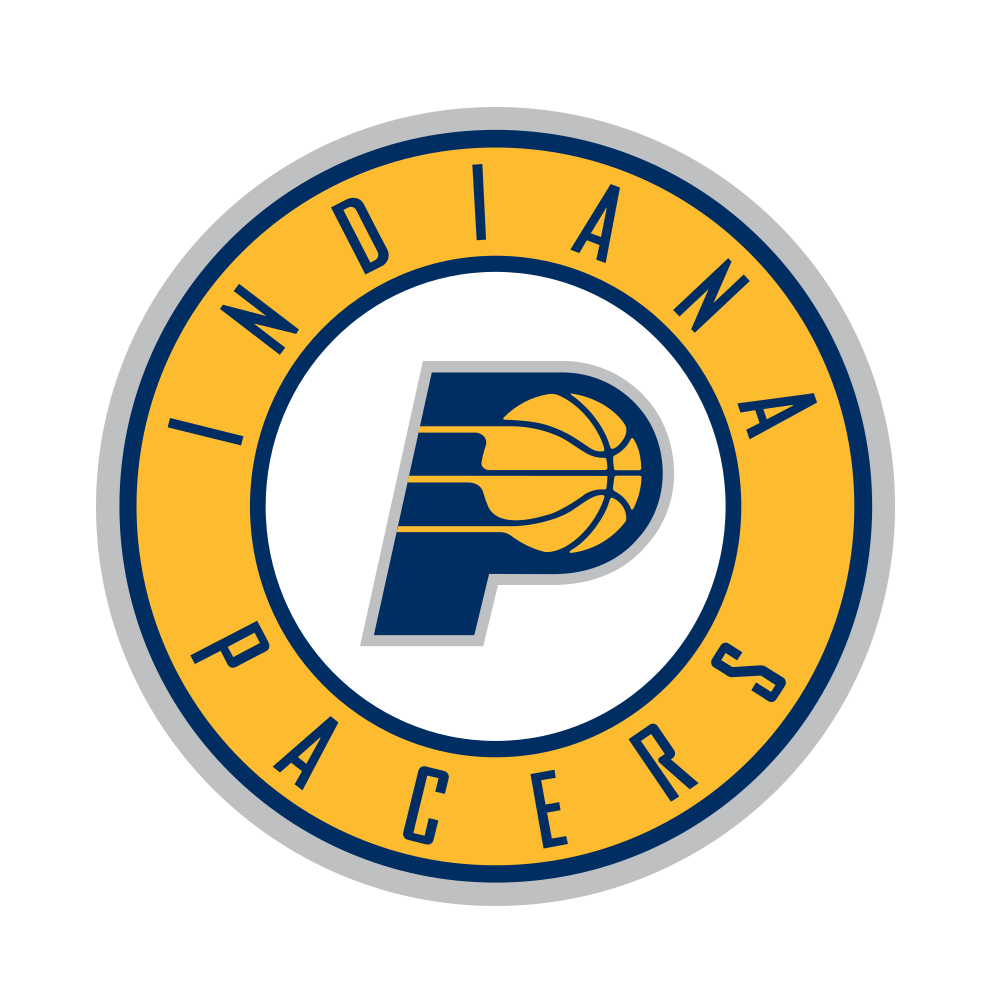On March 13 the inaugural season will make history when it tips off in Senegal as the new league is home to 12 teams representing Algeria, Angola, Cameroon, Egypt, Madagascar, Mali, Morocco, Mozambique, Nigeria, Rwanda, Senegal, and Tunisia.
Amadou Gallo Fall announced these 12 competing teams to a crowd of around 100 people inside the Grand Ballroom of the Hyatt Regency hotel during NBA All-Star Weekend in Chicago. However, this was more than a mere announcement celebration, it was the celebration of a way of life for all of the athletes and fans who have dedicated their lives to the game in Africa.
It has been 10 years since the first NBA office opened in Africa, a move spearheaded by the late David Stern, former NBA commissioner. In fact, the majority of the NBA's international platform can be credited to Stern's determination to ensure basketball was accessible to as many people as possible outside of the US.
Speaking of Stern, Fall said:
"He got us here. When I first started, it was David who hired me to head up NBA International. He deserves a tremendous amount of credit for, first of all, going to Africa in 1993, and meeting with President [Nelson] Mandela, and he also went back the following year for President Mandela's inauguration... I know that wherever he is, he's smiling because we now have a professional league powered by the NBA in partnership with FIBA, something that's never been done before happening in Africa and it's because he believed in the market."
But we cannot appreciate this dramatic new movement taking over the continent without appreciating the fight that got us to this position we're in today. Ugo Udezue, former Nigerian NBA player agent, created the African Basketball League in 2015, and with an NBA-style format, it was intended to be a profitable platform for talented players to have an opportunity at the NBA.
Launched with high expectations in Lagos, the league featured six teams representing four countries - Nigeria (3 teams), Senegal, Cote d'Ivoire and Gabon. Later rebranded and expanded as the Continental Basketball League but by then it was already too late as the Nigerian Basketball Federation and others questioned the league's legality.
Despite the downfall of the 2015 league, it was far from a failure with the seeds for what is now the Basketball Africa League already being planted in the minds of the public and the athletes. Today, the BAL's unique multi-level partnership with both FIBA and the NBA has enabled them to overcome the African sporting bureaucracy.
This new wave did not happen overnight. There is a wealth of support from African players, and players of African origin, within the NBA, from Hakeem Olajuwon to Joel Embiid and Giannis Antetoukounpo.
It is crucial the continent continues to develop and sustain its own basketball ecosystem in order to support home-grown athletes.
The old structure of the Continental Basketball League and the BAL could set the tone as a template for African sports going forward. Even before its closure, the CBL demonstrated its positive impact on the continent with around 15 sponsors and players earning near to $5000.
Although the NBA itself is expanding the number of African players on team rosters through programs like Basketball Without Borders and Jr. NBA initiatives, the BAL will focus on providing opportunities for young athletes to stay and play for their country. Giving these kids the goal to be successful without having to leave home for the NBA will be an incredible step towards Fall's vision of producing an "economic engine" in Africa.
The BAL will be more than basketball. It will be the strength to lift up a continent of communities; it will be the potential to produce and protect home-grown talent; it will be the global broadcasting of basketball on a scale that Africa has never before produced and that world is certainly not prepared for.
